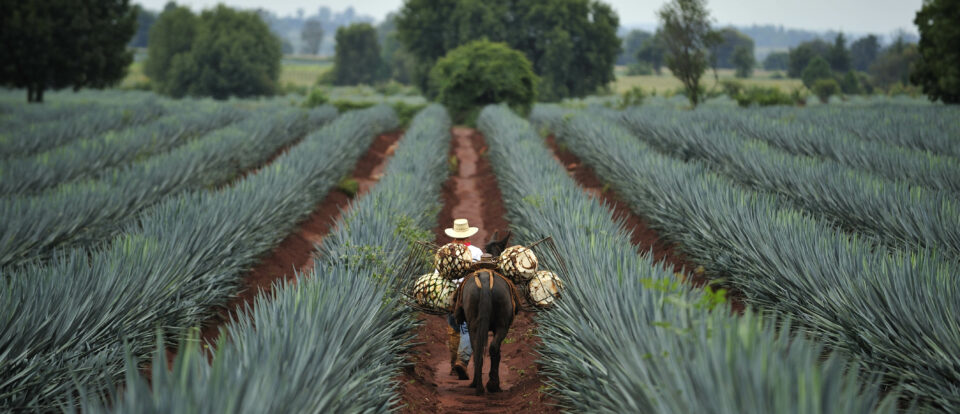The weekly newsletter of the México Solidarity Project

February 10, 2021/ This week’s issue/ Meizhu Lui, for the editorial team
You always loved grandma’s homemade bread, and the smell of fresh bread today still transports you back to her cozy kitchen. Or maybe you saw your war-time buddy get blown to pieces right next to you, and now every loud noise flashes you back into a state of horror. The past — the good and bad alike — always stays with us.
So too with countries. To understand any country’s present, we have to know its past.
Just look at the starkly different histories of US and Mexican family farmers. In the United States, white settler families gained free land, first from the British and then later from the US government under the Homestead Act — after the first peoples had been exterminated or removed. In the US, a nation born and bred in settler capitalism, individualism and private property run all through our DNA.
By contrast, first peoples and Mexican farmers had title to and worked on communally held land for countless generations. Then in the 19th century, with capitalism in México rising and dispossessing farmers, agrarian people rose up. They demanded the return of their land. Many fought and died for that demand in the 1910 Mexican Revolution, under the leadership of Emiliano Zapata. Since his 1919 assassination, many more have fought and died to get their land back.
Their descendants have never surrendered. How, after all, can you surrender a dream? How can you surrender a demand with roots not in mere politics, but deep in emotional memory — like the comforting smell of fresh bread or the sudden sound of a shot?

Born in México, Tanalís Padilla has always found her nation’s turbulent past fascinating. Now a historian at the Massachusetts Institute of Technology, she focuses on the history of agrarian and popular movements. Padilla, the author of Rural Resistance in the Land of Zapata, also stays engaged in the present, as an active participant in campaigns for justice in Latin America that range from Chiapas solidarity to cross-border worker organizing. How can history inform our contemporary struggles? The México Solidarity Bulletin just explored that question with her.

To read the rest of this exciting bulletin click here!